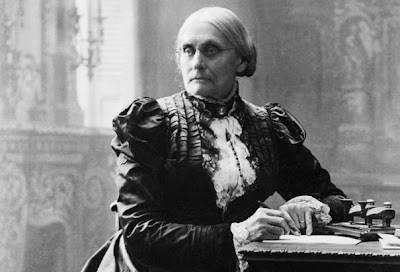I discovered Maggie Goes On A Diet during one of my morning rituals (I tend to start my days with a cup o' joe and a few interesting Yahoo! articles). As the above video explains, the book, aimed at girls as young as 6 or 7, is about an overweight 14-year-old who decides to go on a diet after being teased mercilessly by her classmates.
I probably don't have to tell you that Maggie has sparked a lot of controversy. The media has been raving about so-called "mommy bloggers" who are up in arms over how the book mishandles sensitive body image issues, but what I noticed after sifting through the comments on several news articles is a slightly different attitude:
"There is nothing offensive about this book, unless you're living in denial. Girls do tend to obsess about their weight and image far more than boys, so choosing a girl as the main character makes sense."
"God forbid she take up an activity that causes her to lose weight. What an awful message."
"This book is a good thing. The last thing this world needs
is more fat chicks."
I'm not usually a fan of chatspeak, but I think that last statement warrants a big-ass smh.
I have no objection whatsoever to children's books teaching healthy eating habits and the value of exercise, but as a former (and current) Fat Girl this book is offensive. Society has always done a bang-up job of making girls feel like crap about themselves, and this book is the icing on the cake — or should I say, the no-calorie sweetener on the high-fiber oatmeal?
What could have been an uplifting book about a girl eating wholesome foods, having fun playing outside, and ultimately feeling good about herself (without other's approval) turned into a social commentary about the unacceptability of being overweight in our society. Maggie is a loser when she's fat. Nobody likes her. The boys all point and laugh. But then she drops X number of pounds and people are putty in her hands. She becomes the star of the soccer team, people know her by name and want to be her friend, and boys even think she's cute — the ultimate triumph! *gags*
I'm not denying the fact that there's an obesity problem in this country and I'm certainly not knocking the importance of a balanced diet and exercise. But there's a way to deal with these issues without telling little girls that their physical appearance and value as a person are inextricably linked.
I'm not denying the fact that there's an obesity problem in this country and I'm certainly not knocking the importance of a balanced diet and exercise. But there's a way to deal with these issues without telling little girls that their physical appearance and value as a person are inextricably linked.










































